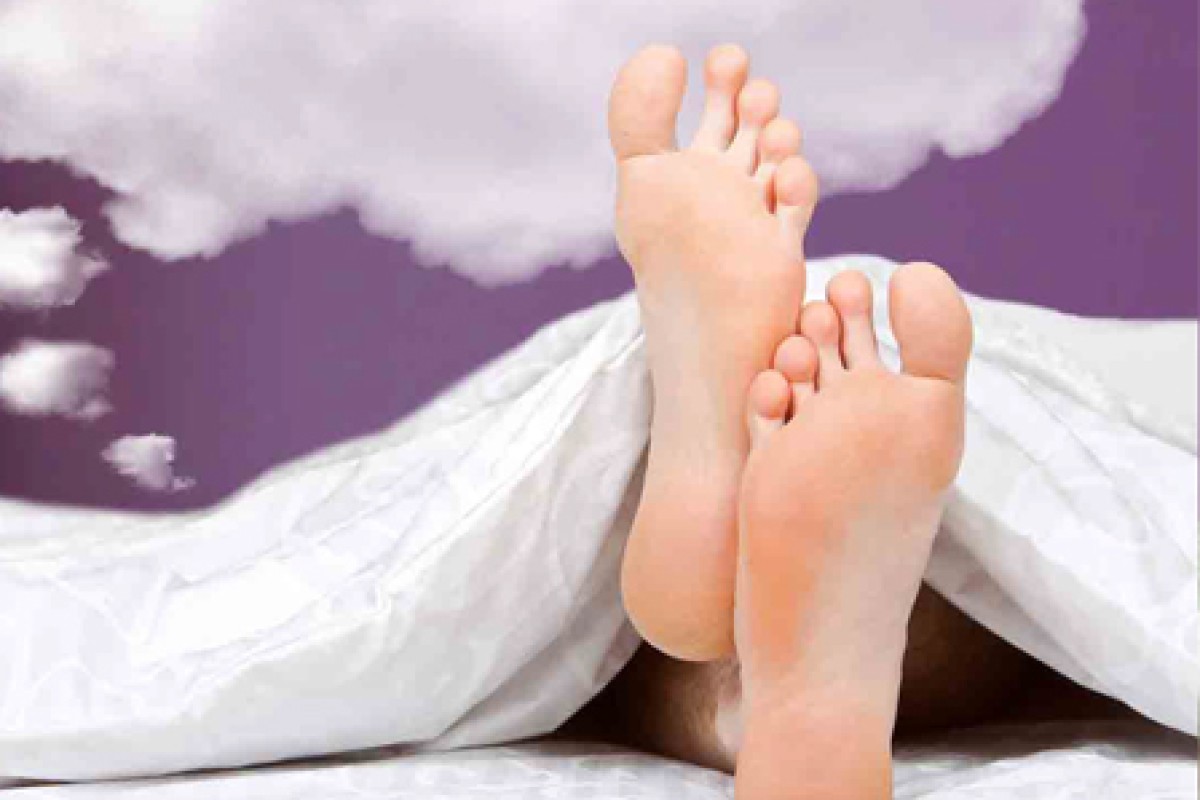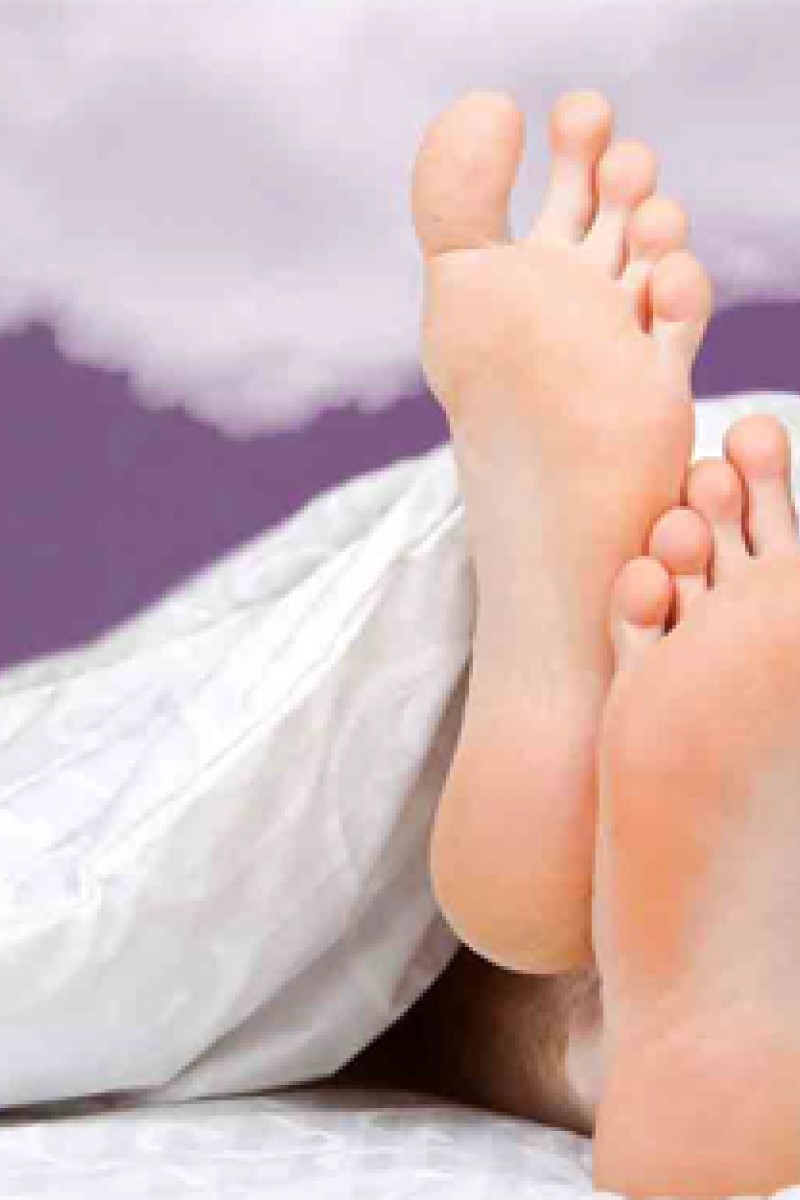
Now, such a suggestion has been scientifically shown to be good advice.
"Aside from making us feel better, sleep helps our brain find creative solutions to everyday problems," says scientist Russell Foster, who gave a talk to students in Hong Kong last month. "Recent research shows that sleeping the night after learning a task helps us to solidify what has been learned."
Foster is professor of circadian neuroscience and head of the Nuffield Laboratory of Ophthalmology at Britain's University of Oxford. He co-wrote a book, Sleep: A Very Short Introduction, with neuroscientist Steven Lockley, of Harvard Medical School, in the US.
Foster told students at the Hong Kong Academy for Gifted Education: "The problem is we haven't taken sleep seriously; we think of sleep as a kind of illness. The first 'victim' in trying to squeeze in more during the day is to reduce sleep. It's like we don't need sleep - that sleep is for the lazy people."
His book talks about how our sleep patterns change with age, especially during the time a child develops into an adult.
"Studies have shown sleep patterns change dramatically during adolescence, and teenagers will experience a delay in their sleep and wake-up times by two to three hours, which sometimes puts them at odds with parents and adults, who think they are being lazy or rebellious," he says. "A child, from the age of 10 onwards, will get up later and later each year until adulthood - around the age of 19 for women and 21 for men - when they will start to get up earlier and earlier again.
"Parents need to know that later sleep is biology-based and, while computer games and TVs may reinforce late sleep times, they are not the underlying cause. Teenagers are essentially sleeping in another time zone; having them get up at 7am is like asking adults to wake up at 4am," he says.
Foster says our sleep is determined by an internal 24-hour biological "clock" in a tiny area - the size of a grain of rice - called the suprachiasmatic nuclei, which is at the base of the brain.
A delay in teenagers' biological clocks mean they may not be performing at their best in the mornings, says another study by Canada's University of Toronto. "It found teenagers have done better, with a 10 per cent increase in test scores, in the afternoon than in the morning," he says.
Apart from cognitive performance, a brain's internal clock also controls things such as metabolic functions, which change food into energy, the temperature of the body, and heart and lung functions.
Foster says a lack of sleep can prove serious. "Shortened, or reduced sleep duration is associated with an increased risk of many diseases, including breast and prostate cancer, [heart] disease, obesity and poor mental health. There's evidence sleep problems precede conditions such as depression and biopolar disorder."
He told the students such studies have huge implications for educators about how best to organise school calendars to optimise students' learning - and for students themselves. "Sleep is an important part of your biology; you need about nine hours of sleep a night. Your bedroom should be a place of sleep - you should turn off your computer and television in bed," he says.
He says sleep is as basic a habit as hygiene. "You'd never go to school without brushing your teeth. You need to also take care of your sleep hygiene as it will help you [achieve] better - and be happier."
Additional reporting by YP cadet Leah Birkby
